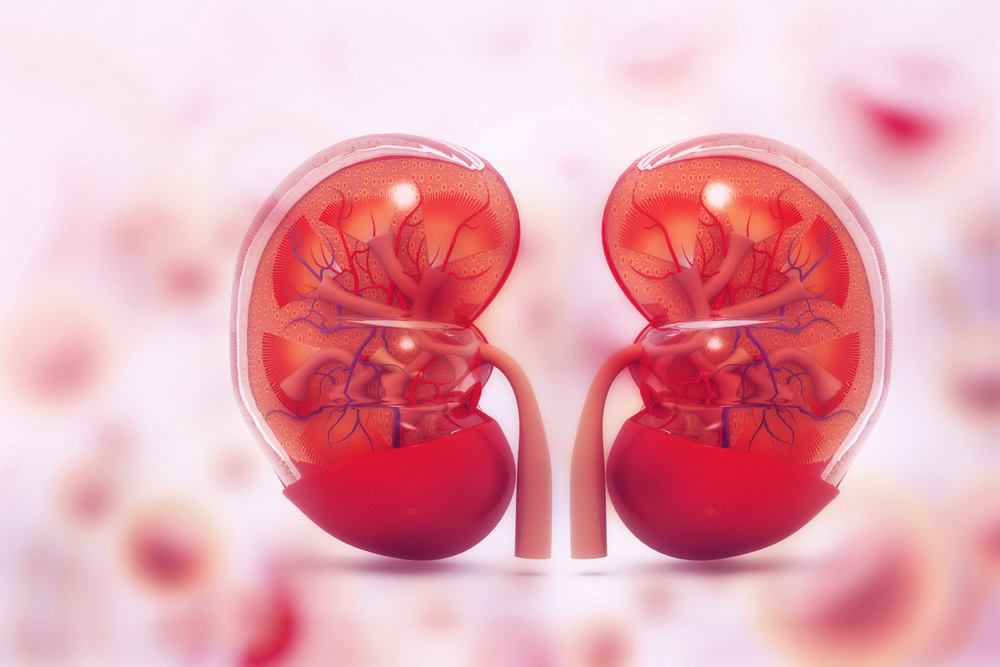Advocates from Kidney Organizations Gather for Summit in D.C.

Some 100 advocates from kidney organizations around the country converged on Capitol Hill recently to press lawmakers to improve patient outcomes for the 30 million people living with kidney diseases, including Alport syndrome.
Joined by 11-year-old singing ingenue and kidney transplant recipient Angelica Hale, activists from nearly all 50 states met March 4-5 in Washington, D.C., at the 6th Annual Kidney Patient Summit. The theme of the event was “Inspiring Action for Kidney Disease.”
The National Kidney Foundation (NKF)-led event brought together members of the NKF Kidney Advocacy Committee, and advocates from the Alport Syndrome Foundation, American Association of Kidney Patients, and the PKD Foundation.
Secretary of Health and Human Services (HHS) Alex M. Azar II met with more than 100 patients and their families at the summit. In a speech, Azar announced a push for changing Medicare reimbursement payment methods to encourage a shift toward home dialysis and kidney transplants for end-stage renal disease (ESRD) patients. The NKF recently held a Conference on Home Dialysis aimed at finding ways to increase access to such care.
Azar also said his department was working on ways to deliver better and cost-effective ways to get dialysis to patients during emergencies such as natural disasters, and that HHS experts would submit scientific evidence soon for news ways to improve organ utilization. In addition, he said a new pilot to be launched this summer through the Health Resources and Services Administration (HRSA) Division of Transplantation would cover lost wages to living organ donors.
Meanwhile, members of Congress were urged to back public policy measures that promote chronic kidney disease (CKD) prevention, early detection, treatment, living donor donation, research and the importance of affordable immunosuppressant medication coverage. Transplant recipients need immunosuppressants to maintain their kidney and lower rejection risks.
They also were encouraged to increase access to transplants through The Living Donor Protection Act of 2019. Introduced early this month, the measure would protect the jobs of donors following organ donation surgery. In addition, insurance companies would not be able to deny or limit life, disability and long-term care coverage to living donors, nor could they charge higher premiums.
Lawmakers were asked to increase funding for the Centers for Disease Control and Prevention (CDC) CKD Surveillance Project, the HRSA’s Division of Transplantation and Bureau of Primary Health Care, the National Institute of Diabetes and Digestive and Kidney Diseases (NIDDK), and Kidney X.
Along with other advocates, Hale, who is the NKF’s first Kid Ambassador, also met with legislators. Her kidneys failed when she was 4, and her mother, Eva Hale, donated one of her kidneys. Both mother and daughter are now healthy.
“I’m so proud to go back to Washington, D.C. to bring attention to kidney disease as NKF Kid Ambassador for a second year,” Hale said a press release. The young vocalist who became a celebrity after appearing on the TV show “America’s Got Talent.”
“My Mom is my hero, because she brought me and my dreams of singing back to life. I’m glad I get to be a hero by helping kidney patients like me, so they can reach their own dreams!”
Hale also sang at the summit’s annual NKF Congressional Awards Reception, which kicked off World Kidney Day, March 14. The reception offered an opportunity to connect with patient advocates, industry professionals and congressional staff.
To emphasize the necessity of having at least one healthy kidney in order to live, advocates and supporters were asked to use the social media hashtag #MyKidneysMyLife. The summit targets dialysis patients, living donors, caregivers and those affected by kidney disorders such as Alport syndrome.
”I’m so inspired by our advocates who travel each year to the Kidney Patient Summit,” said Kevin Longino, NKF chief executive officer. “They continue to push for legislation that would improve the lives of millions of Americans who are living with or affected by kidney disease.”
Alport is a genetic condition characterized by progressive kidney disease, hearing loss and eye abnormalities. Almost all patients have blood in their urine, an indication of abnormally functioning kidneys. The Alport Syndrome Foundation estimates that from 30,000 to 60,000 U.S. residents have the disease and that it accounts for 3% of children with chronic kidney disease and 0.2% of adults with ESRD in the U.S.







Leave a comment
Fill in the required fields to post. Your email address will not be published.